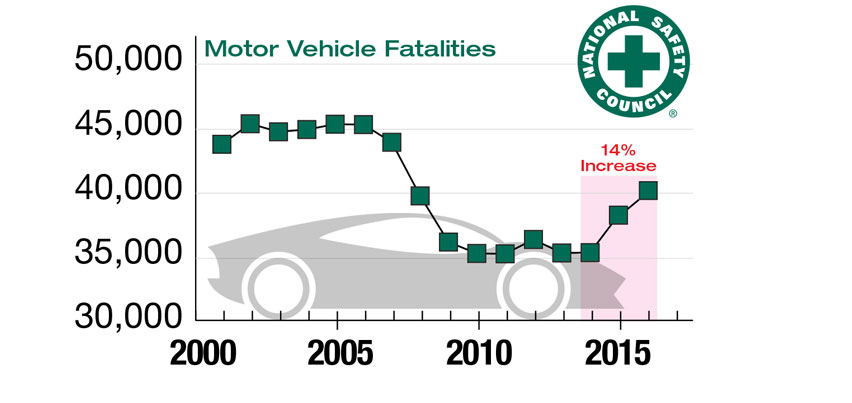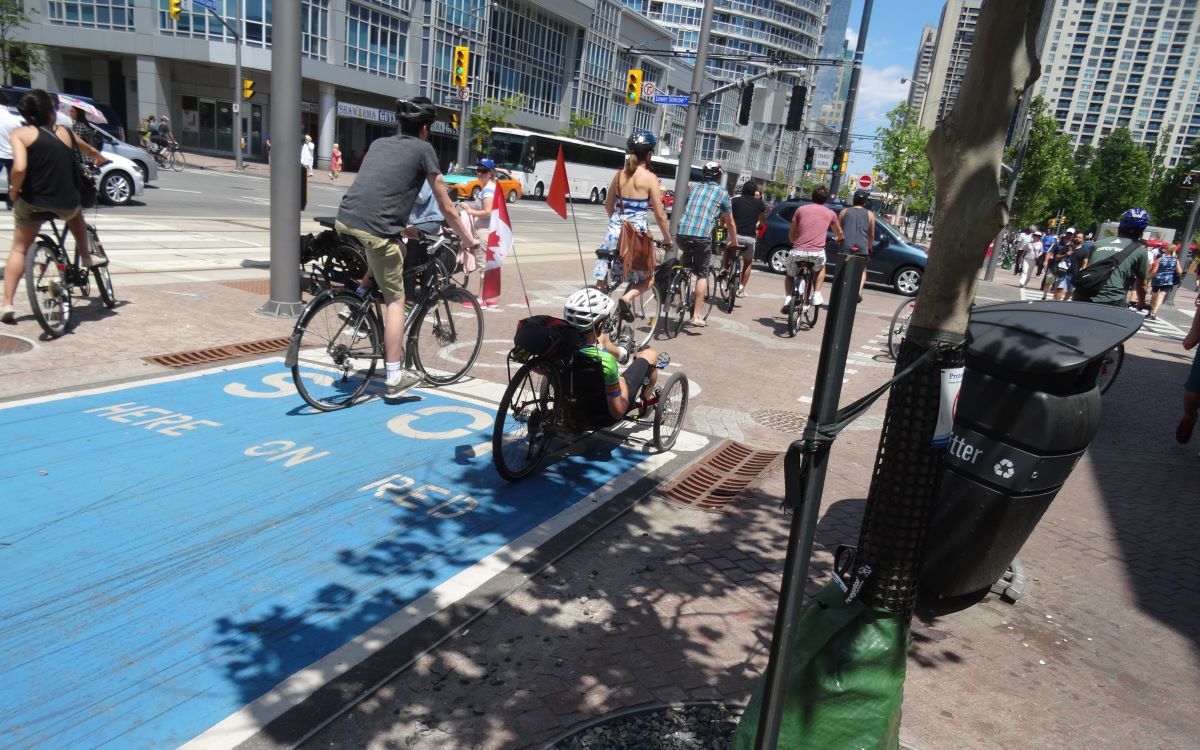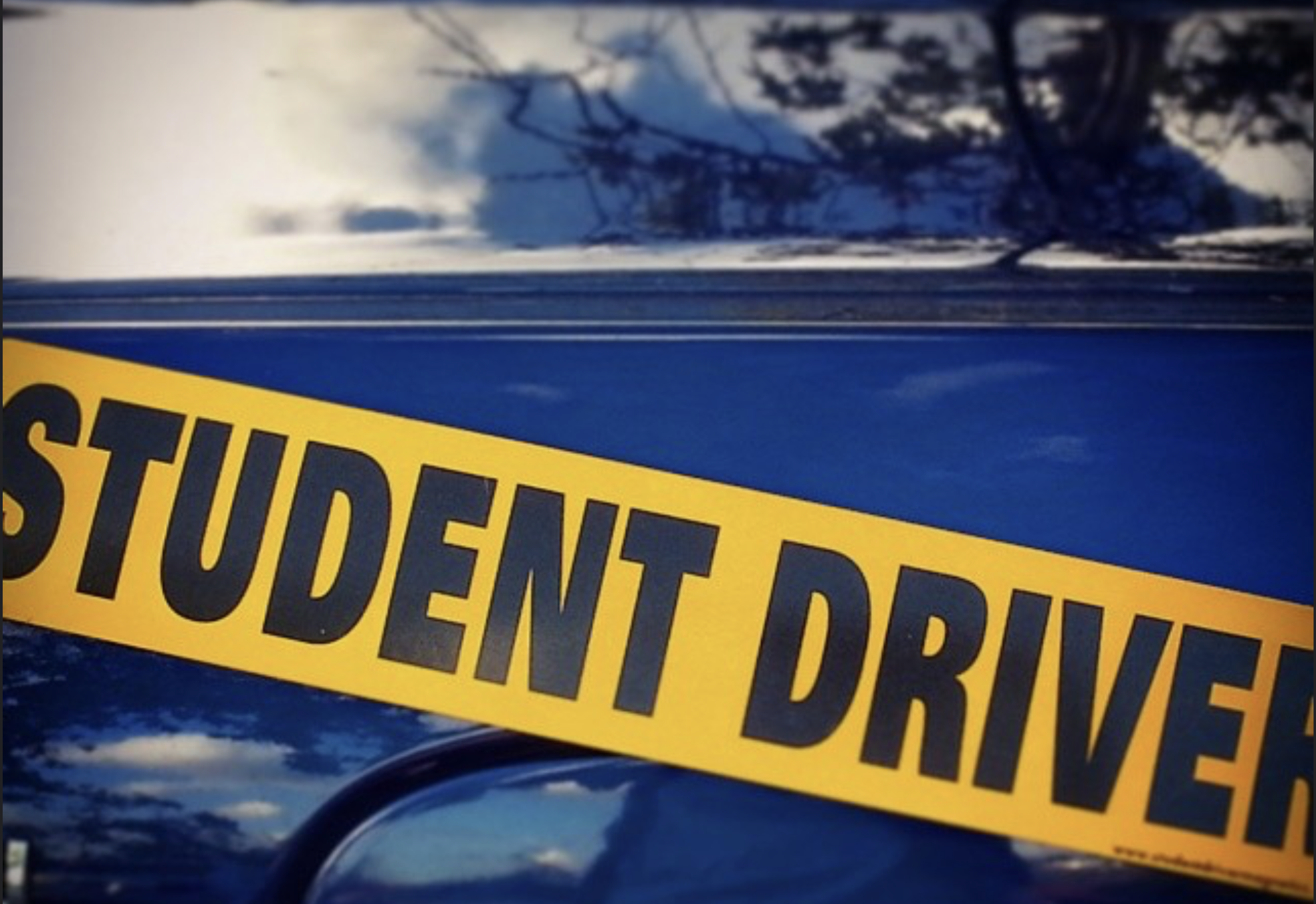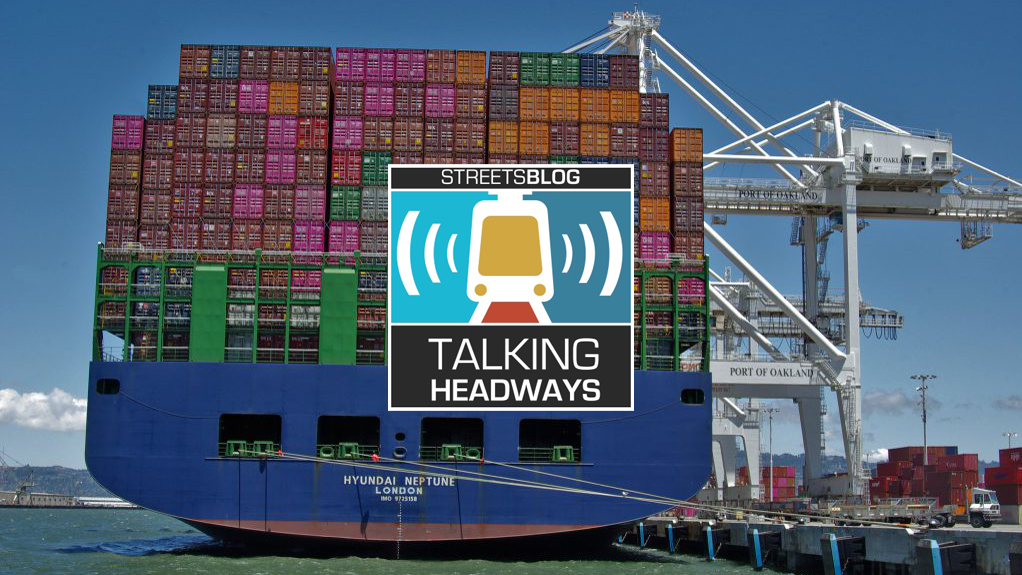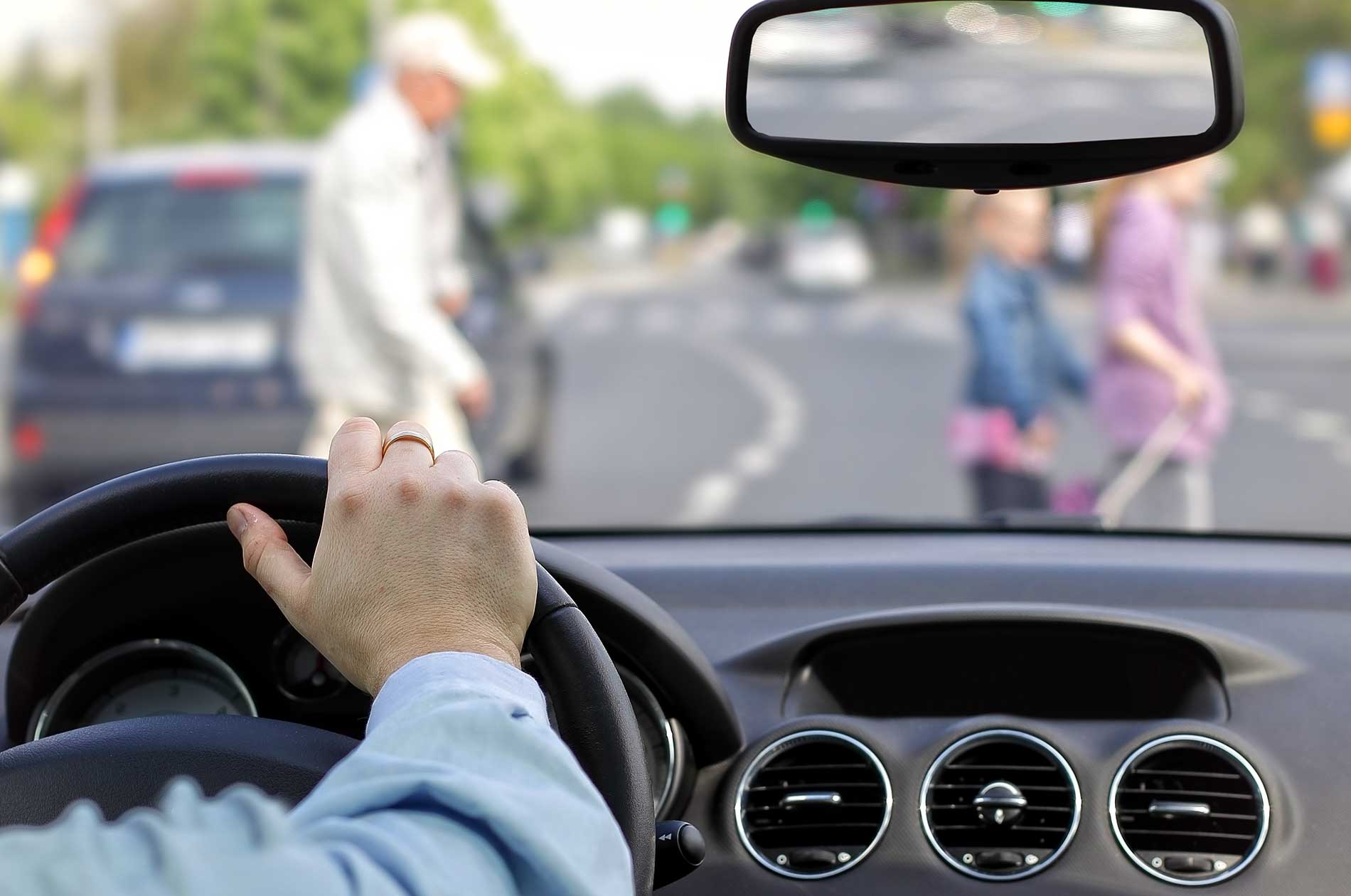More than 40,000 Americans were killed in traffic last year, according to new estimates from the National Safety Council, a non-profit that aims to reduce preventable deaths. That's a 6 percent year-over-year increase, and a shocking 14 percent increase compared to two years ago.
It's the first time traffic fatalities have surpassed 40,000 since 2007. Until recently, a long-term decline seemed irreversible as vehicle safety technology improved. But last year the number of traffic fatalities was higher in absolute terms than in 1992.
In addition, traffic crashes resulted in an estimated 4.6 million "medically consulted" injuries last year, which cost Americans $432 billion in lost wages, medical costs, lost productivity, and property damage.
In 2016, thanks in part to low gas prices, total miles driven by Americans increased 3 percent -- not enough to fully explain the rising body count.
U.S. government efforts to reduce traffic deaths have been too limited compared to peer nations, the NSC said in a statement. "Our complacency is killing us. Americans believe there is nothing we can do to stop crashes from happening, but that isn't true," said NSC President Deborah Hersman. "The U.S. lags the rest of the developed world in addressing highway fatalities. We know what needs to be done; we just haven't done it."
Federal safety agencies remain intently focused on vehicle safety standards and reducing risk factors like drunk driving and not using seat belts. While that strategy has had some impact, America's strategy is clearly a failure compared to peer nations.
Nations like Sweden have systematically overhauled urban roads to emphasize safety over speed. Sweden's per capita traffic fatality rate was about a fourth of the United States' even before the recent increase.
The American traffic fatality rate reached 12.4 per 100,000 people last year, about twice as high as Canada and four-and-a-half times higher than in the United Kingdom. Put another way, if America achieved the same fatality rate as the UK, more than 30,000 lives would be saved each year.
The NSC called for a number of interventions that go beyond public safety campaigns, including ignition locks that prevent drunk drivers from starting cars, visibility standards for commercial trucks, additional traffic enforcement cameras, and a comprehensive approach to pedestrian safety.
The upward trend in traffic deaths was not uniform. Washington State -- whose largest city, Seattle, has been making progress in shifting trips away from driving -- saw a decline in fatalities over the same period.
A 2014 study found that for every 1 percent increase in transit mode share, a city can expect a 2.75 percent decline in traffic fatalities. But better transit options and land use planning have been essentially ignored by the federal traffic safety establishment.
The NSC survey also revealed that Americans are remarkably nonchalant about risky driving. Almost a quarter reported speeding in residential areas and half said they thought it was okay to text and drive.
The report comes as the National Highway Traffic Safety Administration considers requiring cell phone companies to institute a "driver mode" that disables some functions when a car is in motion. The effort has been receiving pushback from tech companies.
